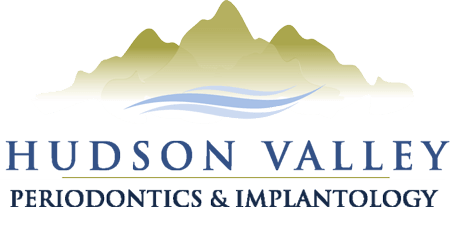Periodontal disease, or gum disease, is a common condition affecting people of all ages. Mild to moderate cases can be treated by your general dentist, but moderate to severe cases may need to be treated by a periodontist. A periodontist is a dentist who specializes in diagnosing and treating conditions affecting the support structures of the teeth, including the gums.
Scaling and root planing are procedures that treat and prevent gum disease. This overview will help you understand what these treatments entail and the benefits they offer.
What is Periodontal (Gum) Disease?
Periodontal disease is a bacterial infection of the gum tissue. It is caused by plaque that accumulates on the teeth both above and below the gum line. Plaque is a combination of food residue and bacteria that creates a sticky film on the teeth. As plaque remains on the teeth over time it hardens into calculus and the bacteria mature, infecting the gum tissue and resulting in periodontal disease.
What is Scaling?
Scaling is the process of removing plaque and calculus from the roots of the teeth beneath the gums. Once plaque hardens into calculus it is difficult to remove, which is why a special tool is used to scrape or file it away. The gum tissue is gently pushed back to access the roots of the teeth while plaque and calculus is removed.
What is Root Planing?
After the plaque and calculus are removed, the roots of the teeth are often left rough and uneven. While the gum tissue is still pulled back, root planing is done. Root planing involves buffing the roots to create a smooth surface that allows the gum tissue to attach more firmly, eliminating spaces between the gums and roots for plaque to gather and calculus to form.
Benefits of Scaling and Root Planing
The scaling and root planing procedures offer many benefits for treating gum disease:
- Removes the source of the infection. Gum disease is caused by bacteria in plaque and calculus that settles at or below the gum line. Scaling removes both plaque and calculus from below the gum line where it is more difficult to reach and more likely to cause infection. This treats the infection at the source, eliminating the cause of periodontal disease and related issues.
- Helps prevent reinfection. Scaling and root planing, when done as needed, can prevent recurring gum disease. Repeat procedures are common.
- Minimally invasive. Scaling and root planing are considered to be non-surgical treatments for gum disease, making them minimally invasive procedures that won’t require significant recovery time.
- Prevents tooth decay. Removing plaque and calculus from the teeth and roots can also prevent tooth decay, as they are also the cause of cavities.
- Preserves the natural teeth. Gum disease that goes untreated can cause the teeth to become loose and even fall out. Scaling and root planing can treat the infection before it becomes severe enough for teeth to be lost.
What is Periodontal Maintenance and Why is it Important?
Scaling and root planing are often repeated at regular intervals for a period of time until gum disease is fully gone. These routine deep cleanings are referred to as periodontal maintenance because it keeps gum disease from returning. Some patients will need more frequent cleanings to keep gum disease away due a variety of factors from lifestyle to health conditions like diabetes.
Hudson Valley Periodontics & Implantology Provides Scaling and Root Planing
We provide scaling and root planing services as well as periodontal maintenance programs to treat and prevent gum disease. With the right care and maintenance you can keep your gums and teeth healthy so they will last a lifetime.
To learn more, call 845-623-6666 or contact us today to schedule an appointment.

